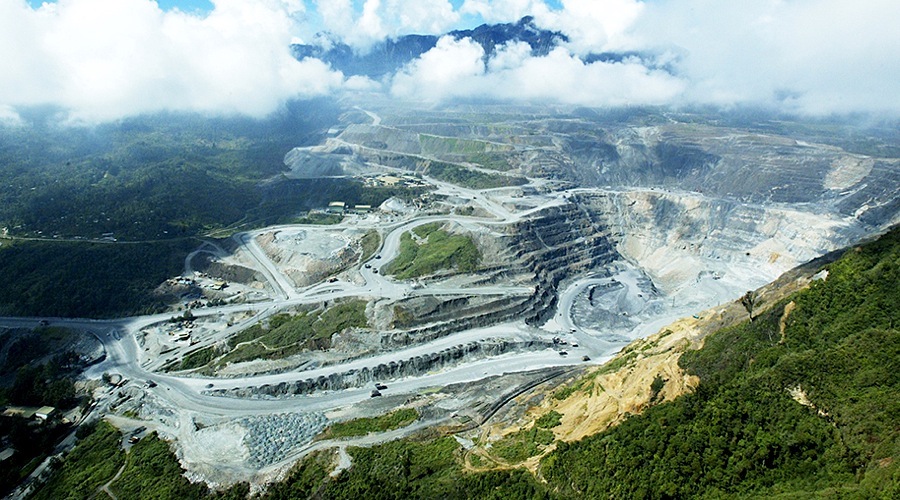
The companies temporarily halted operations in response. They also served Marape with a dispute notice arguing the license extension refusal violated a bilateral investment treaty between PNG and Australia.
Barrick said the deal under discussion was in line with the terms announced in October, for a JV between BNL and PNG to operate the mine
PNG authorities cited environmental and social issues for denying the permit renewal then. Instead the government gave it to a state-owned mining company, Kumul Minerals Holdings Ltd.
“We are in a better position now to sign an agreement with Barrick for what will be a new Porgera,” Marape said according to local media.
The Prime Minister noted that Barrick had agreed to an exit option in 10 years. “Other benefits includes securing an increased and upfront tax with no concession, higher royalties as well as a better handle on environment and resettlement issues,” Marape said.
“Long, difficult negotiation”
Barrick chief executive Mark Bristow and his team met Marape in October 2020, after reaching a deal to end the then six-month-long dispute over mining rights to the Porgera gold mine.
The agreement under discussion is in line with the principles announced in that meeting, the Toronto-based miner said in a statement. It sets up a joint venture between Barrick Niugini Limited (BNL) and PNG to operate Porgera going forward on the basis of increased ownership for the country’s government and a “fair sharing” of economic benefits.
“This has been a long and difficult negotiation, but I am optimistic that we will reach an agreement and get the mine reopened this year,” Bristow said in the company’s annual report, released in March.
Barrick said BNL would continue as the operator of the mine, adding it would issue a further statement once a final agreement is achieved.
Porgera is an open pit and underground gold mine in the Enga province of Papua New Guinea, about 600 km north-west of Port Moresby.
Barrick and Zijin both own 47.5% of the mine, with the remaining 5% held by the Enga provincial government and landowners.
Porgera churned out about 600,000 ounces of gold in 2019 before being put on care and maintenance.




